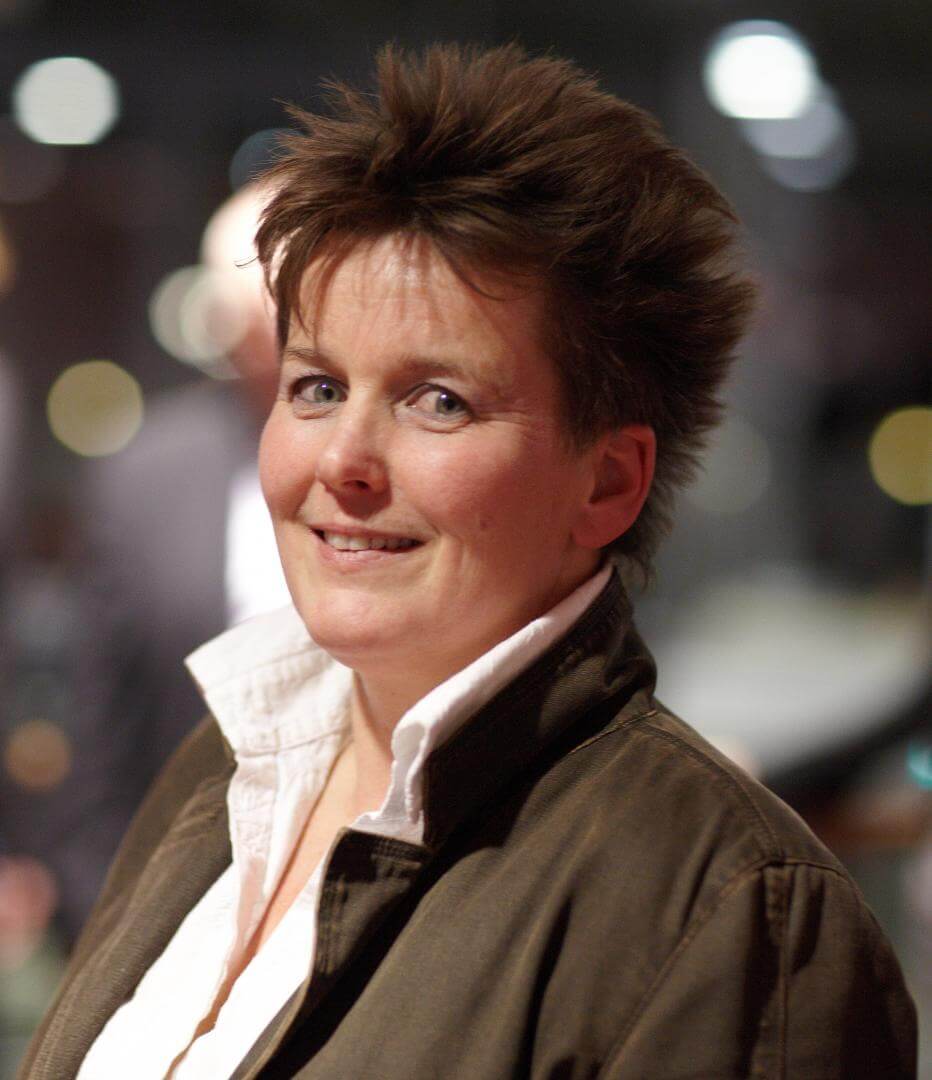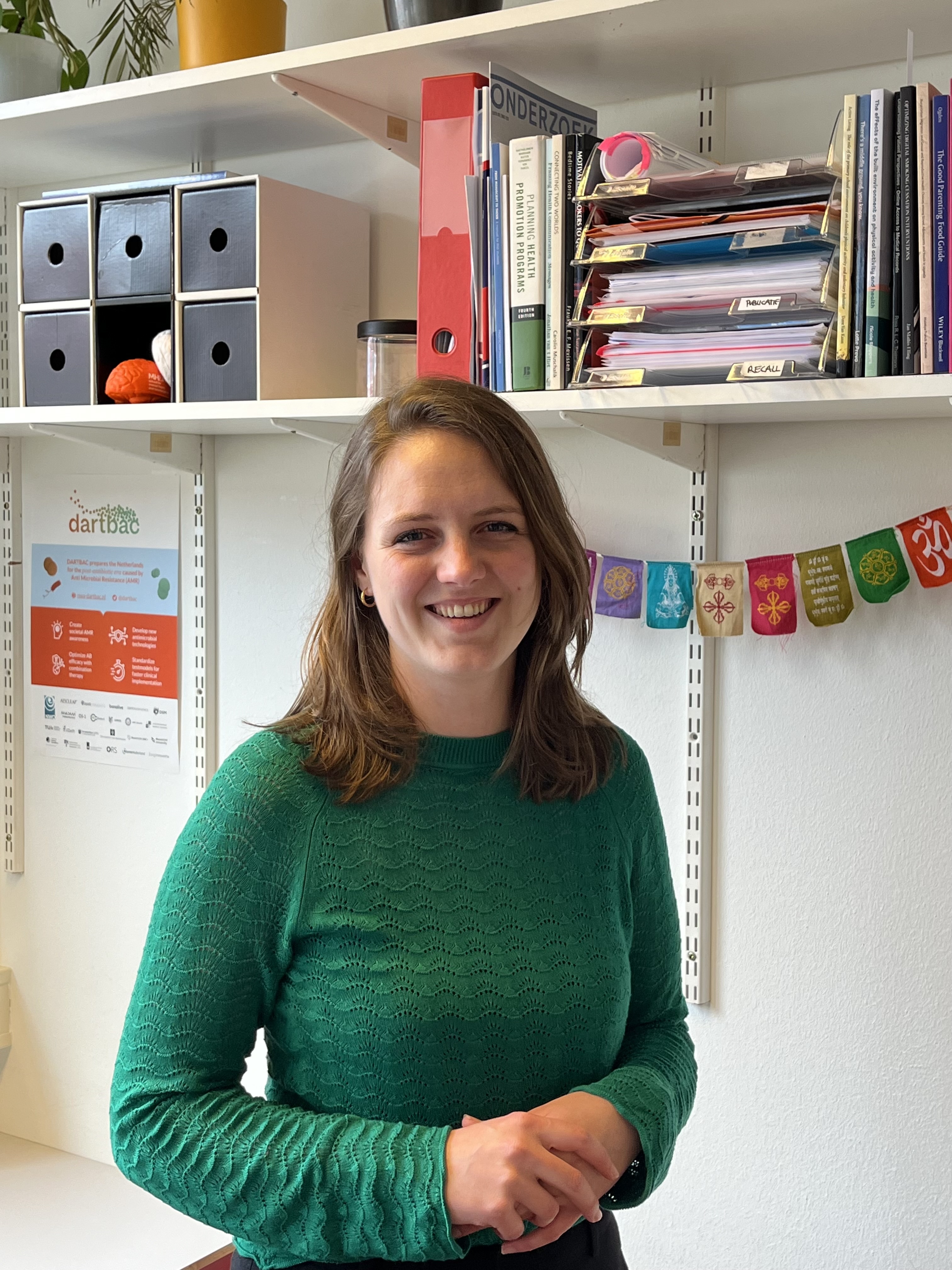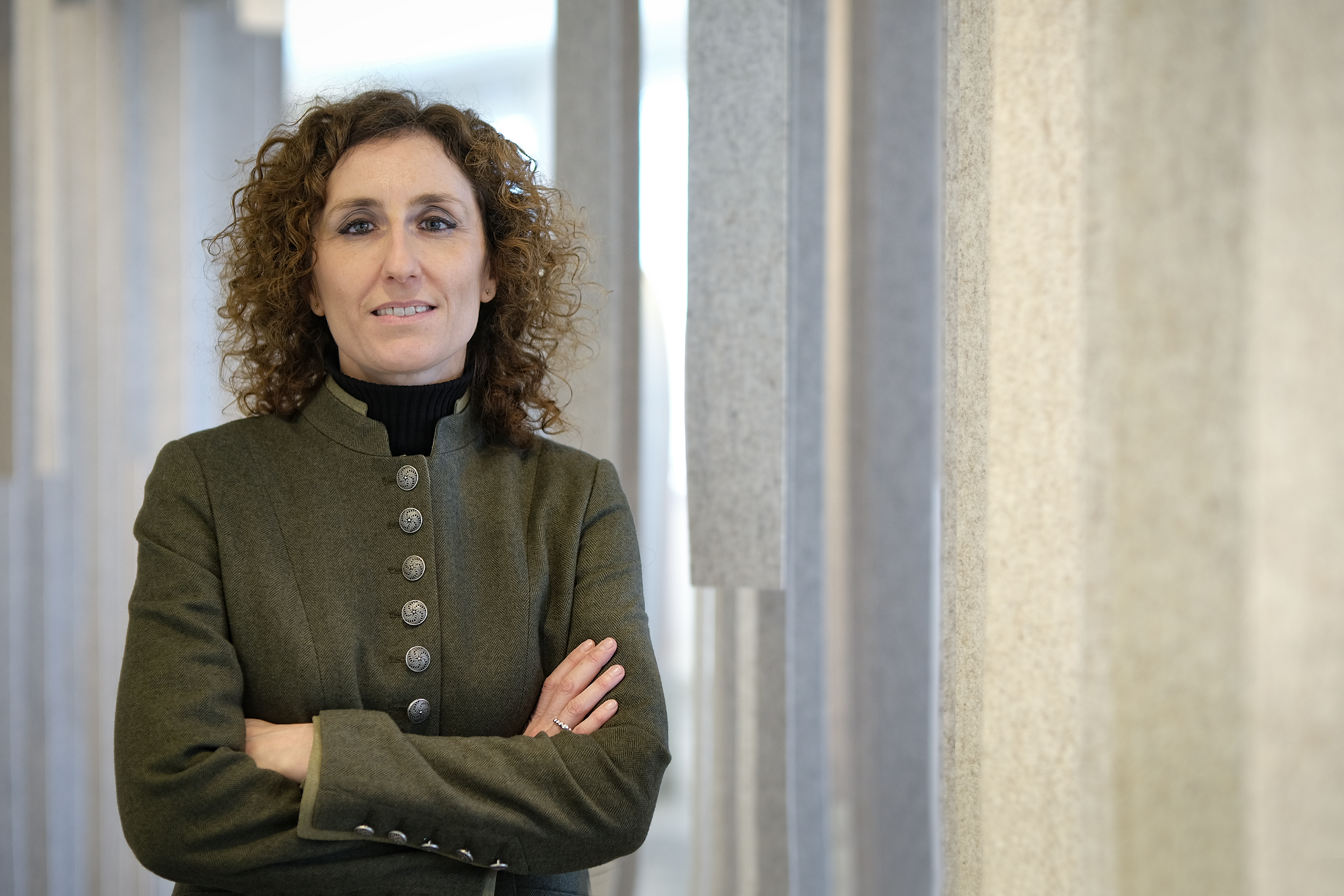‘’Opinion epidemics’’ make public health public
It was only some weeks ago that we celebrated carnival, and now we find ourselves immersed in the coronavirus epidemic. It would be justifiable to call this epidemic a wicked problem, as it is novel and unique in a number of ways. The virus eludes our facts and challenges our values, we lack established routines or standardized repertoires to respond to it, and we cannot determine which strategies are right or wrong. Both scientists and policy makers have been trying to grasp the situation, to separate signals from noise, in order to advise the public and make decisions. It is fascinating to watch the scientific-political machinery of public health, which often operates behind the scenes, begin to work in the full glare of the spotlight. In many countries, the coronavirus crisis is contributing to the public character of public health: it creates public deliberation and controversy while creating new manifestations civic (dis)trust.
That the coronavirus epidemic is a political issue is quite clear. Political leaders announce control measures, and, depending on the political culture, they appeal to citizens and consolidate political support or they threaten with punishments for disobedience or critique. In countries with a fragile rule of law— The Philippines, Venezuela, Hungary— the coronavirus provides a premise for eroding freedom even more. Although there is no formula for a perfect assemblage of science and politics, Popper’s lesson still holds: science and democracy will strengthen each other in an open society. Science means learning via questioning, disagreeing, contesting, and critiquing, processes that democracy facilitates quite well.
With respect to the coronavirus crisis, experts have an important voice in the public arena. Interestingly, the range of experts who define the problems and solutions is broadening. In countries with well-developed health care systems virologists, microbiologists, and intensive care specialists have shaped the epidemic as an issue of intensive care capacity. While they disagree on specific issues (e.g., being more or less alarmist, prioritising testing or not), they have convinced politicians of the urgency of ‘social distancing’ and of complete, intelligent or moderate lock downs. With these measures implemented, other experts have entered the public arena. These scholars point to the control measure’s serious side effects and health impacts. Economists note the economic damage of long-term lock downs. Sociologists argue that the epidemic and the response will increase social inequalities locally and globally. Political scientists observe a re-evaluation of public institutions and professions. Psychologists underscore the damaging impact of both loneliness and lack of solitude. Ethicists discuss how to decide which patients will receive IC care in overwhelmed hospitals and how economy and saving lives relate. While these experts offer their perspectives, the public debate is also fed by stories of exhausted nurses, patients on waiting lists, homeless people, movie stars, influencers, and soccer players—all of whom are having their lives impacted by the corona epidemic.
Recently, a commentary in a Dutch national newspaper labelled the broadening of public debate on corona and the continuous introduction of new perspectives and experiences as ‘an opinion epidemic’ (Volkskrant, 1 April 2020). This statement appears to be an adequate characterization of the overload of media attention for the corona epidemic. However, this expression also reveals a longing for a political culture in which only ‘’serious scientists’’ are considered legitimate voices in public debate, a culture in which non-experts should refrain from publically expressing ideas, experiences, and reflections. The term ‘opinion epidemic’ implies that this is something to overcome, a coinage that misses the mark in at least in three ways.
First, it fails to acknowledge that all people are severely affected by the corona epidemic and are engaged in making control measures a success—not by being obedient and carrying out orders, but by experimenting and learning how to act responsibly in an uncertain context with many shades of grey. Opinions, even silly ones, are ingredients in public deliberation; they are part of a continuous social learning process that includes uncertain facts and values simultaneously. A virologist may be horrified by hearing people’s stories about the infectiousness of viruses. However, the mass popularization of microbiology—however imperfect from an expert’s perspective—is a win for public health. Second, wicked problems require lots of creative, tentative experimenting, not only in hospitals, but also in shops, factories, parks, and homes. Academics do have technical expertise, but in complex societies, many non-academics have the knowledge and skills needed to deal with wicked problems like lock downs in daily life. Expertise comes in many guises. Third, if we appreciate health and democracy, controlling epidemics requires open societies with rich, varied, and inclusive public deliberative fora. The value of ideas needs to become clear through public deliberation, not by denying non-experts, whoever they may be, a voice in the public arena. That would be disastrous lock down.
Thanks to the colleagues of HISP (Nora Engel, Bart Penders, Rob Houtepen, Angelique de Rijk, David Shaw, David Townend) for a rich discussion and feedback, and apologies for not taking on board many good ideas.
By: Klasien Horstman, professor Philosophy of Public Health
RL Health Inequities and Societal Participation (HISP)
Also read
-
In the upcoming months, the Faculty of Health, Medicine and Life Sciences will share tips on Instagram on how to live a healthier life. Not just a random collection, but tips based on actual research happening at our faculty. The brains behind this idea are Lieve Vonken and Gido Metz, PhD candidates...
-
Berta Cillero Pastor is an Associate Professor and group leader at the MERLN Institute for Technology-Inspired Regenerative Medicine. Her research is centred around mass spectrometry (imaging) to gain insights into molecules in cells and tissues for biomedical research. With this technique, changes...
-
Scientists at the biomedical MERLN Institute of Maastricht University and the Maastricht University Medical Center have succeeded in growing an embryo structure of human identical twins purely from stem cells, without using an egg or sperm cell. Thanks to this culture, scientists are now seeing for...



